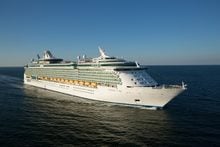Texas looks like it will sign a similar law to Florida's that prohibits the ability for private companies to ask their customers for proof of vaccination against Covid-19.
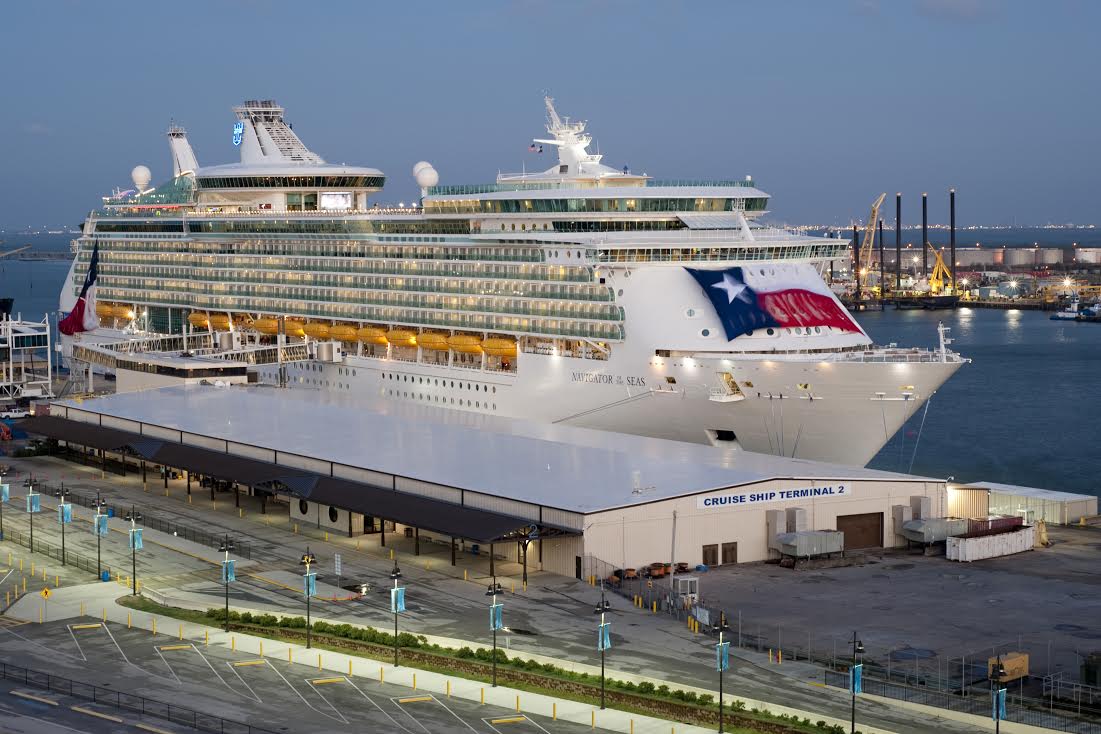
In response to cruise ships wanting to provide proof of a vaccine, Texas Governor Greg Abbott (R) says he signed a new law that bans the ability for any business in Texas from asking for vaccine information.
The new law follows up on an executive order he signed in April 2021 that banned state agencies or organizations that received public funds from doing the same thing.
Governor Abbott specifically addressed the issue of cruise ships, which may look to ensure a certain percentage of their passengers are vaccinated, and does not want them to be able to ask passengers for that information.
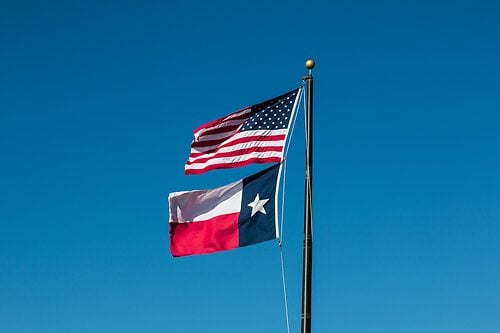
Governor Abbott tweeted his response after someone asked about cruise ships sailing out of Galveston instead of Florida ports to get around the vaccine ban there, "I'm signing a law today that prohibits any business operating in Texas from requiring vaccine passports or any vaccine information."
"Texas is open 100% without any restrictions or limitations or requirements."
This new law now includes private companies.
I’m signing a law today that prohibits any business operating in Texas from requiring vaccine passports or any vaccine information.
— Greg Abbott (@GregAbbott_TX) June 7, 2021
Texas is open 100% without any restrictions or limitations or requirements. https://t.co/ukPxNQ2pAt
Florida passed a law that does the same thing, and it has been a major point of contention for the cruise industry, which seeks to restart operations from the United States while also avoiding becoming a media spectacle due to any Covid cases onboard a ship.
Moreover, the U.S. Centers for Disease Control and Prevention (CDC) requires in some cases cruise lines to ensure a certain percentage of its guests are fully vaccinated.
Governor Ron DeSantis (R) has been vocal in his unwavering support of prohibitions against people being asked to provide proof of a vaccine.

"We think they should be able to sail. But we also don't think that they should be able to require your personal health information in that regard."
Cruise lines are caught in a precarious position of wanting to restart operations quickly, while also ensuring the stigma of being a "super spreader" of Covid-19 does not perpetuate.
The cruise industry remains mostly shutdown by the federal government, and in large part, that is due to the public perception that Covid-19 is somehow more likely or easier to spread onboard. In the court of public opinion, one case on a ship seems to be one too many, and it draws an disproportional amount of media coverage.
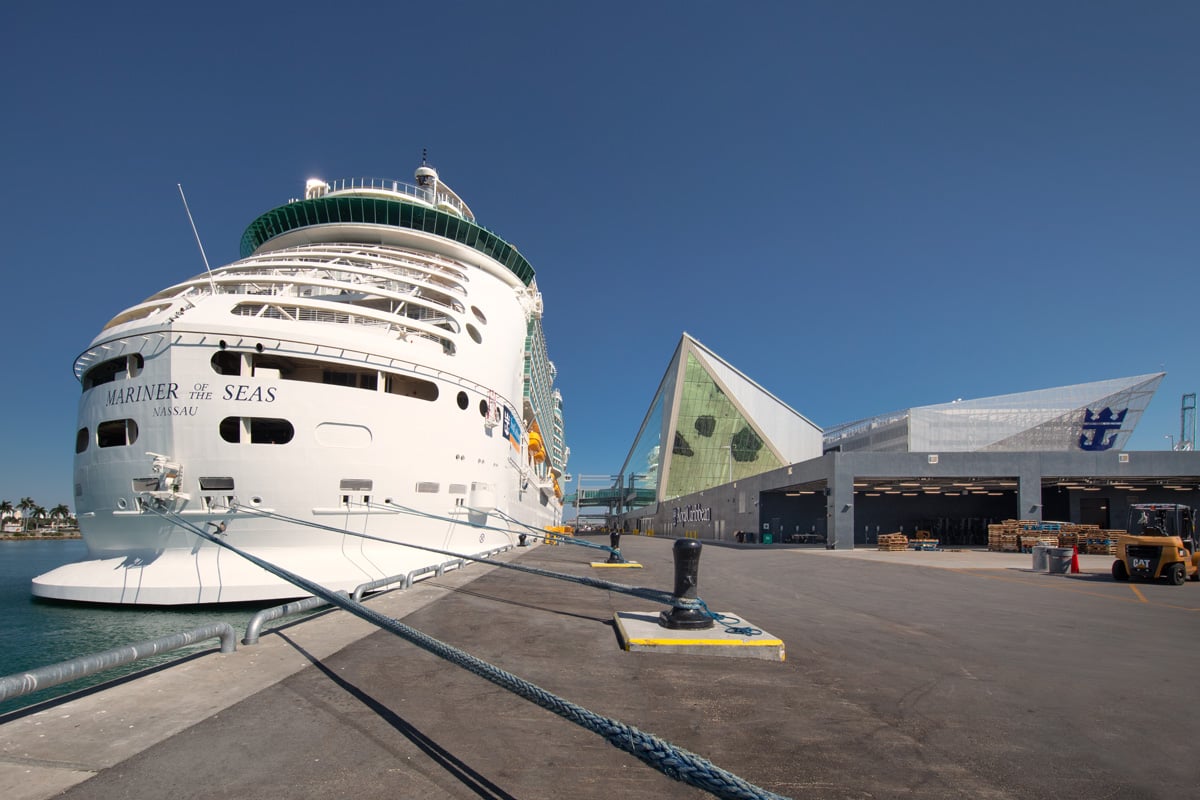
Royal Caribbean has seemingly changed its stance on requiring a vaccine since announcing its restart plans from the United States.
While Royal Caribbean has not announced its full set of health protocols for cruises sailing from the United States this year yet, the language chosen in talking about vaccines has shifted away from a mandate.
When Royal Caribbean announced their return to service last week, they did not say the vaccine would be required, but instead "strongly recommended" getting vaccinated.
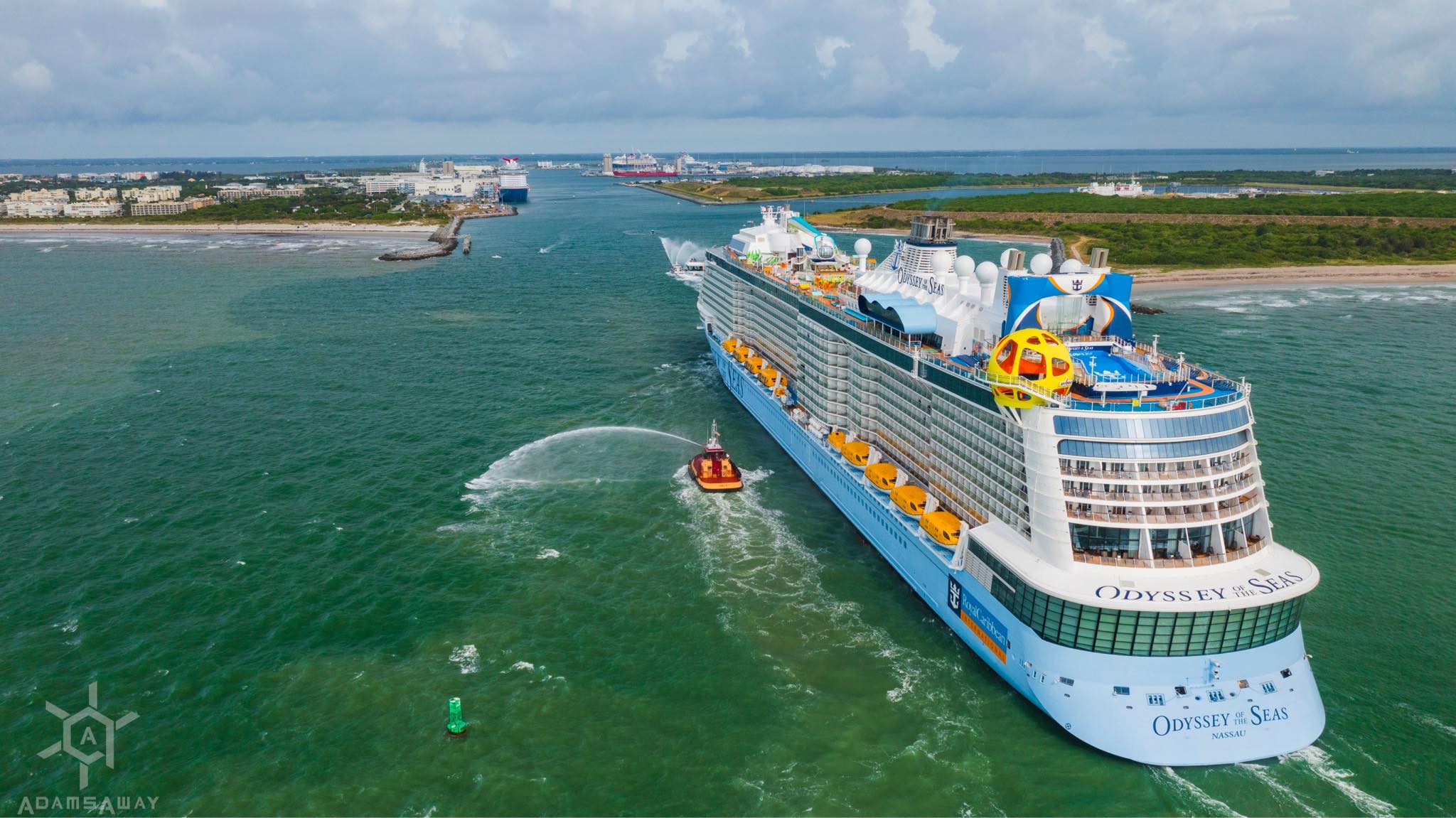
The announcement says, "guests are strongly recommended to set sail fully vaccinated, if they are eligible."
Royal Caribbean Group Chairman and CEO Richard Fain spoke on Monday about the vaccine requirements, but did not specify that it would be required. Instead, he mentioned that the "vast majority" of guests the company has surveyed have indicated they either have or will get vaccinated.
He also talked about Florida's vaccine ban, and said he does not expect a large number of unvaccinated guests onboard, "This unique law only applies within Florida. While we obviously have to comply with the law of the land, we do not believe that we will have significant numbers of unvaccinated for several reasons."







